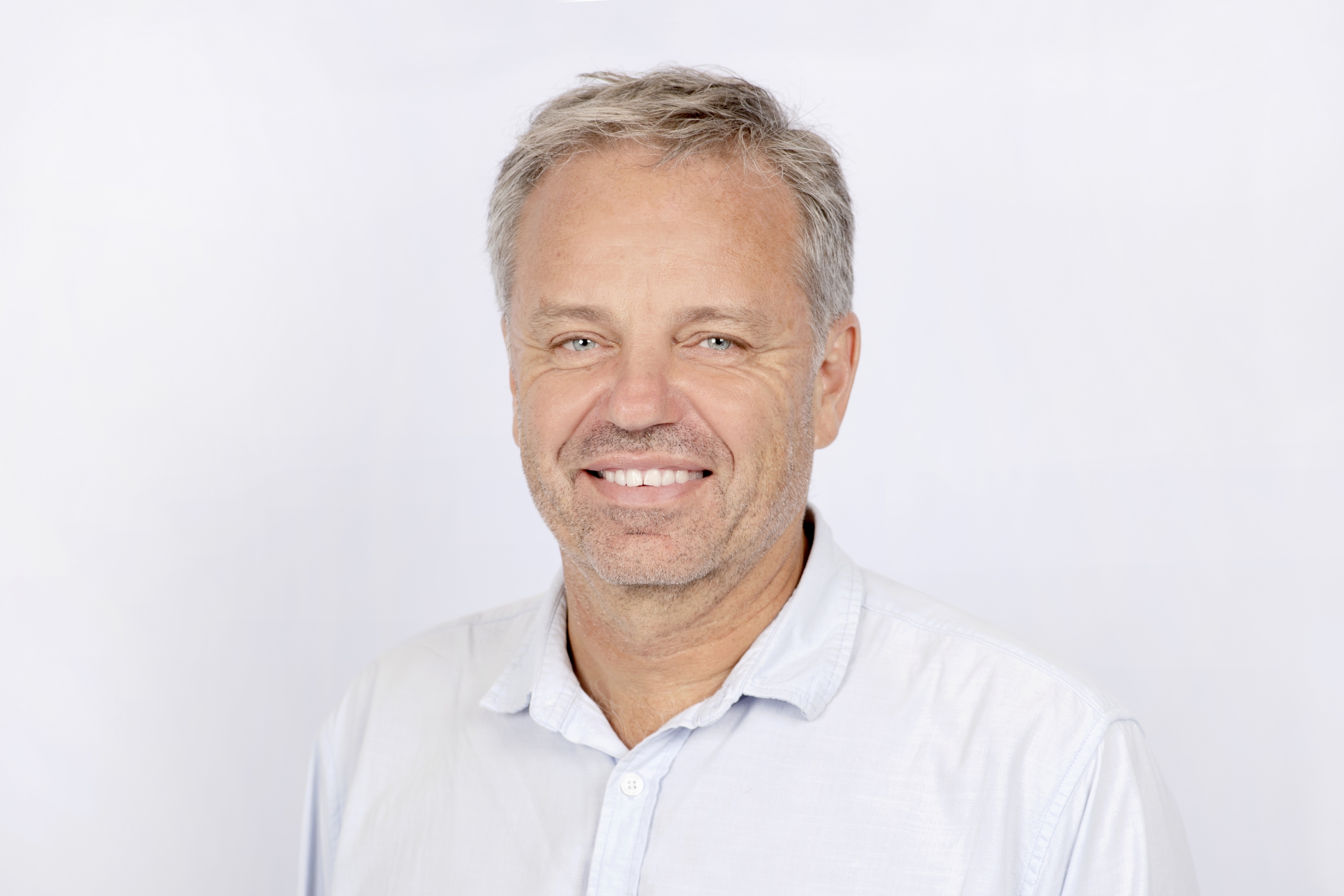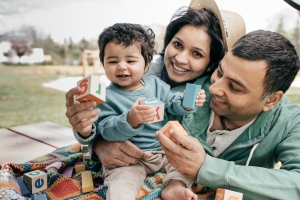Available projects
Past opportunity
- Developing a sense of belonging through translingual and transcultural support
- Distributive justice and footpaths: Where do micro mobility devices belong?
- Tourism recovery after COVID-19 pandemic: opportunities and challenges to promoting eco-tourism in the Northern Territory
- Identifying mathematical expression for teaching and learning mathematics in diverse Australian Indigenous languages
Keeping culture strong: Two-way practices and social exchange in remote Aboriginal communities in northern Australia
(Currently available)

Dr Steven Bird has spent 25 years investigating computational methods for recording, enriching, and analysing data from endangered languages, drawing on fieldwork in West Africa, South America, and Melanesia.
Over the past six years he has been working with remote Aboriginal communities in northern Australia. He has held academic positions at University of Edinburgh, University of Pennsylvania, and University of Melbourne. I direct the Top End Language Lab at Charles Darwin University and producer at languageparty.org.
He has 200 publications with 20,000 citations, including 12 Q1 publications in the past five years. He has supervised a dozen PhD students to completion and is principal supervisor of a further 12 PhD students, 4 due to complete in 2022. He has administered $10 million of research grants in the UK, US, and Australia and been responsible for project coordination and reporting.
Scholarship details
- Scholarship: $40,000 a year, for three years ($120,000). See the eligibility criteria and how to apply.
- Generous relocation allowances (flights, temporary accommodation on arrival)
- Location: Multiple locations including Darwin/Brisbane/Alice Springs/Sydney
- Start time: Between January 5 and March 31 in 2024
Project details
The project will investigate understandings of ‘social capital’ in Northern Territory contexts where First Nations and non-Indigenous people collaborate in keeping culture strong, but where First Nations people have ways of ‘enacting the social’ that are not visible to Western knowledge systems.
Of particular interest are so-called ‘language centres’, where people collaborate on activities ranging from western-style linguistic tasks and classroom pedagogy to on-country teaching and learning.
There are diverse accountabilities to stakeholders, such as elders and sponsors, and with no expectation that these be harmonised. Stakeholders invest funding, expertise, and know-how, and expect a return. Some returns occur in the moment, such as culturally meaningful work, while others are promised, such as a dictionary or a technology.
This research addresses Commonwealth priorities: “wellbeing and economic participation in Aboriginal communities”, and “sustaining languages and cultures”.
Developing a sense of belonging through translingual and transcultural support
(No longer available – student recruited)

Scholarship details
- Scholarship: $40,000 a year, for three years ($120,000). See the eligibility criteria and how to apply.
- Generous relocation allowances (flights, temporary accommodation on arrival)
- Location: Multiple locations including Darwin/Brisbane/Alice Springs/Sydney
- Start time: Between January 5 and March 31 in 2023
Project details
This project evaluates how successfully newly arrived humanitarian entrants to the Northern Territory navigate settlement in the NT and Australia and factors that contribute to this success. As part of the settlement process, the newly arrived are provided support through settlement support services, which target building the necessary skills and knowledge for independent and active settlement in the Australian community.
The PhD will address the following question: What is the role of translingual and transcultural practices in supporting a sense of wellbeing and belonging for newly arrived migrants?
An exploration of these important factors in the settlement cycle of newly arrived will offer insights into factors that contribute to a smoother transition into independent and active settlement in the Australian community, while also identifying challenges newly arrived facethat might influence their sense of belonging and willingness to stay in that community [rather than relocating].
It will help to develop settlement programs that enhance the possibility that migrants will settle in the NT rather than seeking permanent settlement in centres where their cultures are more widely represented.
Distributive justice and footpaths: Where do micro mobility devices belong?
(No longer available – student recruited)

Associate Professor Greenland has conducted research projects across Africa, Asia, and Europe. Research interests include emerging markets, sustainability, and the marketing of harmful products. Steve has published 25+ refereed journal articles, four books, 14 book chapters and over 30 conference papers.
He has completed one PhD supervision as principal in the last 5 years and has 5 ongoing supervisions as principal. Associate Professor Greenland’s research projects and academic papers.
Scholarship details
- Scholarship: $40,000 a year, for three years ($120,000). See the eligibility criteria and how to apply.
- Generous relocation allowances (flights, temporary accommodation on arrival)
- Location: Multiple locations including Darwin/Brisbane/Alice Springs/Sydney
- Start time: Between January 5 and March 31 in 2023
Project details
Australia’s regulation on eScooter use is patchy, non-uniform, unidirectional and reactive. This project looks at the benefit and costs of the rapidly expanding trend and the regulatory framework that is missing for stakeholders.
This project will have policy impacts, by providing decision-makers with the sociological and legal data they need when filling regulatory gaps. It will also explore the burdens and benefits of more robust eScooter regulation.
CDU research is strongly aligned with United Nations Sustainable Development Goals, and makes a real, positive difference in people’s lives. This project contributes to the implementation of SG3 (Good Health and Wellbeing) and SG11 (Sustainable Cities and Communities).
Tourism recovery after COVID-19 pandemic: opportunities and challenges to promoting eco-tourism in the Northern Territory
(No longer available – student recruited)

Dr Muhammad A. Saleem has taught and worked on marketing for more than 15 years, both in Australia and Pakistan so had a unique international perspective on consumer behaviour and its relationship to marketing.
His research focuses on Sustainable Consumer Behavior in the Transport Industry and Tourism sector. and has produced dozens of research papers in this research field. His research has appeared in Journal of Hospitality Marketing and Management, Transportation Research Part D: Transport and Environment, Asia Pacific Journal of Marketing and Logistics and International Journal of Bank Marketing.
Scholarship details
- Scholarship: $40,000 a year, for three years ($120,000). See the eligibility criteria and how to apply.
- Generous relocation allowances (flights, temporary accommodation on arrival)
- Location: Multiple locations including Darwin/Brisbane/Alice Springs/Sydney
- Start time: Between January 5 and March 31 in 2023
Project details
In the Northern Territory, tourism is a key industry contributing to NT’s economy and creating jobs. Before the COVID-19pandemic, NT received an annual 2.480 million tourists (2017-18) who spent around $ 2.269 billion. However, the tourism landscape changed remarkably after the pandemic hit the world in 2019, resulting in the industry’s collapse,
This project will generate real-time evidence-based knowledge to help develop tourism rebound and recovery plans within the NT In so doing, this project will contribute to understanding tourists’ behavior and support the achievement of the N.T. tourism industry targets 2030.
Identifying mathematical expression for teaching and learning mathematics in diverse Australian Indigenous languages
(No longer available – student recruited)

Dr Cris Edmonds-Wathen has expertise in both mathematics education and linguistics and has developed the main theoretical perspectives and methodological approaches for this project. She has been researching mathematical expression in diverse languages for 15 years, including languages of Australia and Papua New Guinea. She did postdoctoral research at the University of Melbourne and Umeå University, Sweden. She received the 2023 Award for Excellence and Impact in Education from the Australian Council of Deans of Education for her work on developing mathematics education in Indigenous languages.
She has worked extensively in capacity building for Indigenous educators, coordinating teacher education programs for remote Aboriginal pre-service teachers, delivering professional learning to elementary school teachers in diverse provinces of Papua New Guinea, and though collaborative participant action research with Assistant Teachers in remote schools.
Scholarship details
- Scholarship: $40,000 a year, for three years ($120,000). See the eligibility criteria and how to apply.
- Generous relocation allowances (flights, temporary accommodation on arrival)
- Location: Multiple locations including Darwin/Brisbane/Alice Springs/Sydney
- Start time: Between January 5 and March 31 in 2024
Project details
There is an exciting opportunity for a PhD scholar to work on a project investigating how to use Australian Indigenous languages for teaching school mathematics. The PhD scholar will investigate how Indigenous languages can be used in school mathematics education, working closely with one or more specific schools, focusing on the early years of primary school.
They will be part of a multi-site project which aims to systematically develop guidelines to identify and develop the language required to teach and learn school mathematics in Australian Indigenous languages. The PhD scholar will contribute to developing theoretical perspectives on the relationship between language and school mathematics knowledge in linguistically diverse contexts.
Candidates should have prior studies in a suitable area of education or linguistics.
The project is suitable for those who want to
• Improve remote Indigenous students’ access to mathematics in first language
• Contribute to understanding the relationship between language and mathematics
• Work in an interdisciplinary team with linguists and mathematics educators

